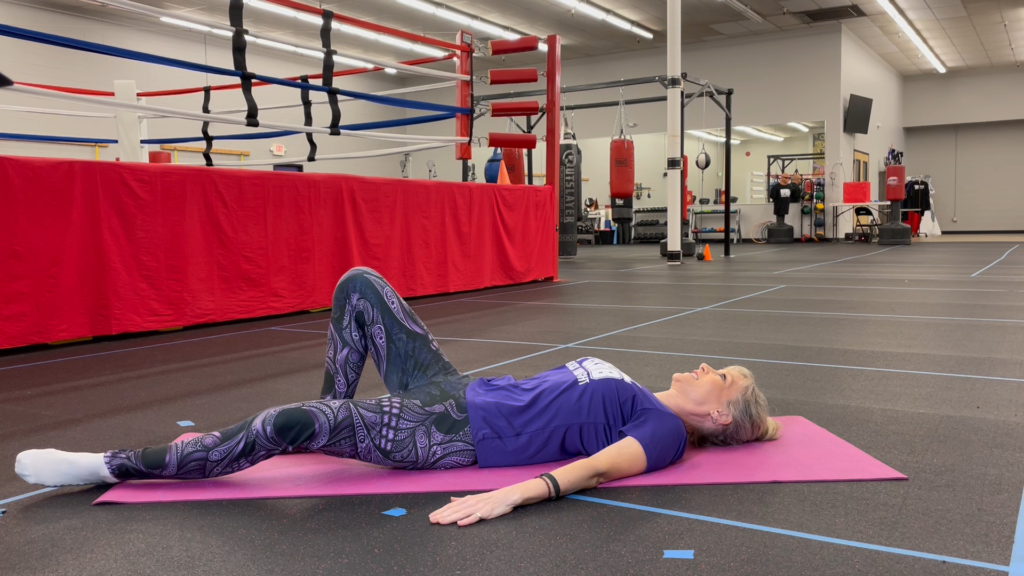
The holidays are a great time to enjoy a cozy, warm beverage. However, if you’re like me, you’re wanting something different than just regular coffee and tea. It’s easy to feel polluted from overeating food and drinking beverages that are definitely not good for you, so having a healthy alternative is a bonus!!
Have you ever tried a Turmeric Latte? They’re yummy, creamy, and good for you!

Turmeric’s active ingredient is curcumin. It has been an herbal remedy for years and plays a potential role in improving Parkinson’s disease brain health, including memory! It holds promise as a neuroprotective agent in a wide range of neurological disorders.
Continue reading “An Amazing Warm Holiday Drink That’s Actually Good for Your Parkinson’s Brain Health”


